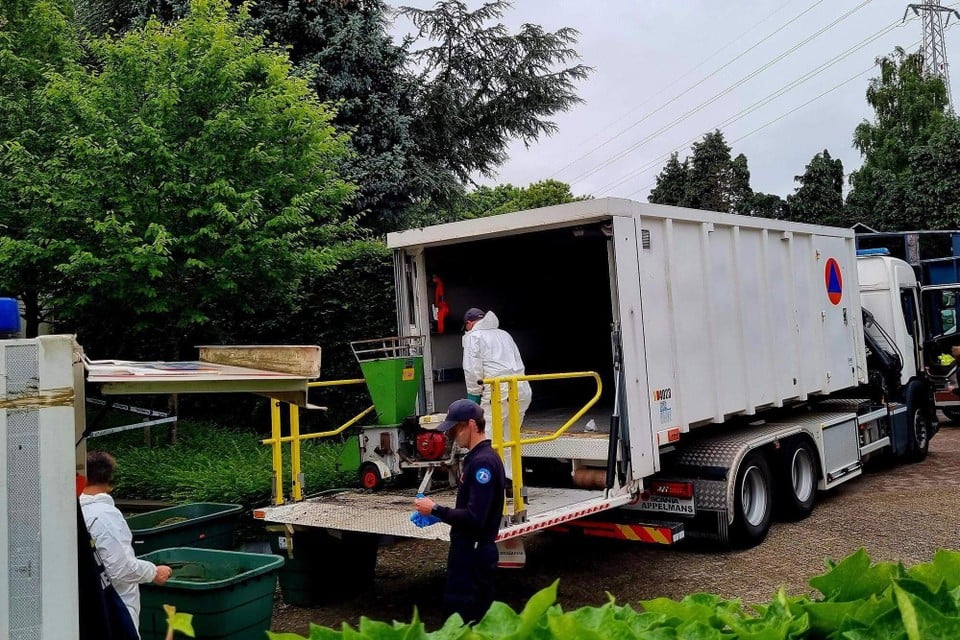Children’s News: What does a « gray » economy mean

Articles are an appropriate way for children to get acquainted with what is happening in society and a good occasion for conversation (and why not a dispute) in the family on them. Because of the age of the readers for whom the section was intended, the editorial office decided to close the articles for comment.
Why are we talking about it?
Your parents work to make money. Some of them remain in the family and you buy things with them. But another is returned to something like a common piggy bank for which we have hospitals and schools.
Tony and his brother want to make extra money in the summer to buy a new Lego. They decide to sell homemade lemonade in front of the block. One glass will cost 2 leva. The two brothers estimate that they need to sell 100 drinks to make enough for the constructor.
The problem is that they have no money to buy lemons, sugar, soda and paper cups. Dad agrees to give them money for the products. He says he wants to record each purchase in one notebook and set aside 10 pennies from the sale of each glass with lemonade.
The boys’ home lemonade stand is a hit. Already on the first day they were able to sell 100 drinks. The next day, they stop separating 10 pennies from each lemonade glass sold. They decide to tell Dad that they sold fewer glasses to keep the whole amount for themselves. What they do not know is that Dad’s intention is to give them this money again, but to put them back into their business by buying them a better and larger jug for the lemonade.
Children’s Language News: Museum mischief and Millions Error
In the world of adults, the idea of Tony and his brother to hide some of their sales is called the Gray Economy. Sort of like a hide and hide and the state with money.
According to a new study in Bulgaria, much of the money and work are « hiding » from the state. This means that nearly 35% of all the money that is being made in our country is not reported. And if all this money comes to light, our economy will become much bigger.
According to the survey, the most money is « hidden » in restaurants and hotels, in agriculture and in construction. That is, some of the traders and the people who work in these sectors do not honestly tell the state how much money they have earned.
What is the problem with the « gray » economy?
If a person works « gray » – for example, he receives a part or all his salary not by bank, but by hand, it can cause him problems. If he gets sick, he may not receive help at the hospital. Or when he gets old and becomes a retiree, his pension can be very small.
And it is not fair for some businesses to work on the rules and pay taxes. And others do not pay, sell their goods cheaper and earn more.
Why do people hide money
In Bulgaria, the « gray » economy is greater than in most other countries in Europe.
One reason sometimes people hide some of their money from the state is that they do not have much confidence in it. They think that there is no point in paying taxes because they do not see enough benefit from them.
Another reason is that some people think they will not be caught if they work « gray ».
How can we solve the problem
If more people pay with a card instead of cash, the « gray » economy can decrease. This is because when we pay by bank transfer, everything is recorded and it is more difficult to hide the money.
The state can also help by making the rules clearer and by watching more strictly whether everyone pays their taxes.







